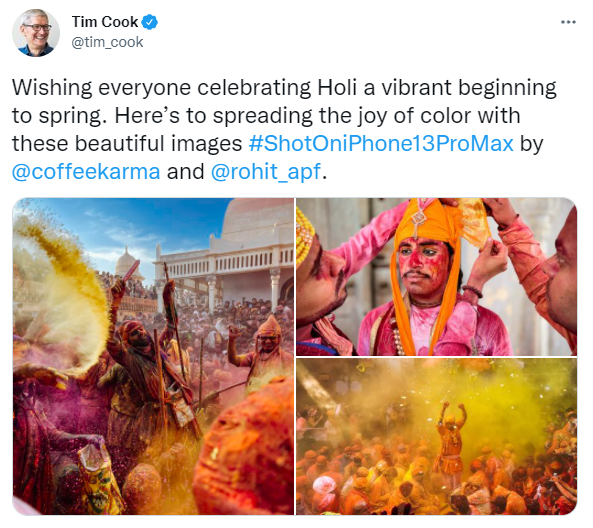IMDB user's early predictions for the 95th Academy Awards:
Babylon
Plot: Rumored to be set in period Hollywood.
Directed by Damien Chazelle (Whiplash, La La Land, First Man)
Starring Brad Pitt, Margot Robbie, Tobey Maguire, Eric Roberts, Olivia Wilder, Spike Jonze, Jean Smart, Flea
The Northman
Plot: An action-filled epic that follows a young Viking prince on his quest to avenge his father's murder.
Directed by Robert Eggers (The Witch, The Lighthouse
Starring Alexander Skarsgård, Nicole Kidman, Claes Bang, Ethan Hawke
Don't Worry Darling
Plot: A 1950's housewife living with her husband in a utopian experimental community begins to worry that his glamorous company may be hiding disturbing secrets.
Directed by Olivia Wilder (Booksmart)
Starring Florence Pugh, Olivia Wilder, Chris Pinne, Gemma Chan
Red, White and Water
Plot: A US soldier suffers a traumatic brain injury while fighting in Afghanistan and struggles to adjust to life back home.
Directed by Lila Neugebauer
Starring Jennifer Lawrence, Stephen McKinley Henderson, Brian Tyree Henry, Linda Emond
Untitled David O. Russell
Directed by David O. Russell (Three Kings, The Fighter, Silver Linings Playbook)
Starring Zoe Saldana, Christian Bale, Anya Taylor-Joy, Margot Robbie
Killers of the Flower Moon
Plot: Members of the Osage tribe in the United States are murdered under mysterious circumstances in the 1920s sparking a major F.B.I. investigation involving J. Edgar Hoover.
Directed by Martin Scorsese
Starring Jesse Plemons, Leonardo DiCaprio, Brendan Fraser, Robert De Niro
Bones and All
Plot: Maren, a young woman, learns how to survive on the margins of society.
Directed by Luca Guadagnino (A Bigger Splash, Call Me by Your Name)
Starring Timothee Chalamet, Mark Rylance, Michael Stuhlbarg, Chloe Sevigny
The Fabelmans
Plot: A semi-autobiography based on Spielberg's own childhood growing up in a post-war Arizona, from age seven to eighteen.
Directed by Steven Spielberg
Starring Paul Dano, Michelle Williams, Seth Rogen, David Lynch
Poor Things
Plot: The film will be a Victorian tale of love, discovery, and scientific daring, Poor Things tells the incredible story of Belle Baxter, a young woman brought back to life by an eccentric but brilliant scientist.
Directed by Yorgos Lanthimos (The Lobster, The Favourite)
Starring Mark Ruffalo, Willem Dafoe, Margaret Qualley, Emma Stone
Asteroid City
Plot: Rumored to be a love story set in Europe
Directed by Wes Anderson
Starring Tom Hanks, Margot Robbie, Scarlett Johansson, Rupert Friend
Three Thousand Years of Longing
Directed by George Miller (Mad Max, The Road Warrior, Mad Max: Fury Road)
Starring Idris Elba, Tilda Swinton, David Collins, Angie Tricker
Next Goal Wins
Plot: Adaptation of the 2014 British documentary. The story of the American Samoa soccer team, who suffered the worst loss in World Cup history, losing to Australia 31-0 in 2001.
Directed by Taika Waititi (What We Do in the Shadows, Thor: Ragnarok, Jojo Rabbit)
Starring Rhys Darby, Michael Fassbender, Will Arnett, Elisabeth Moss












